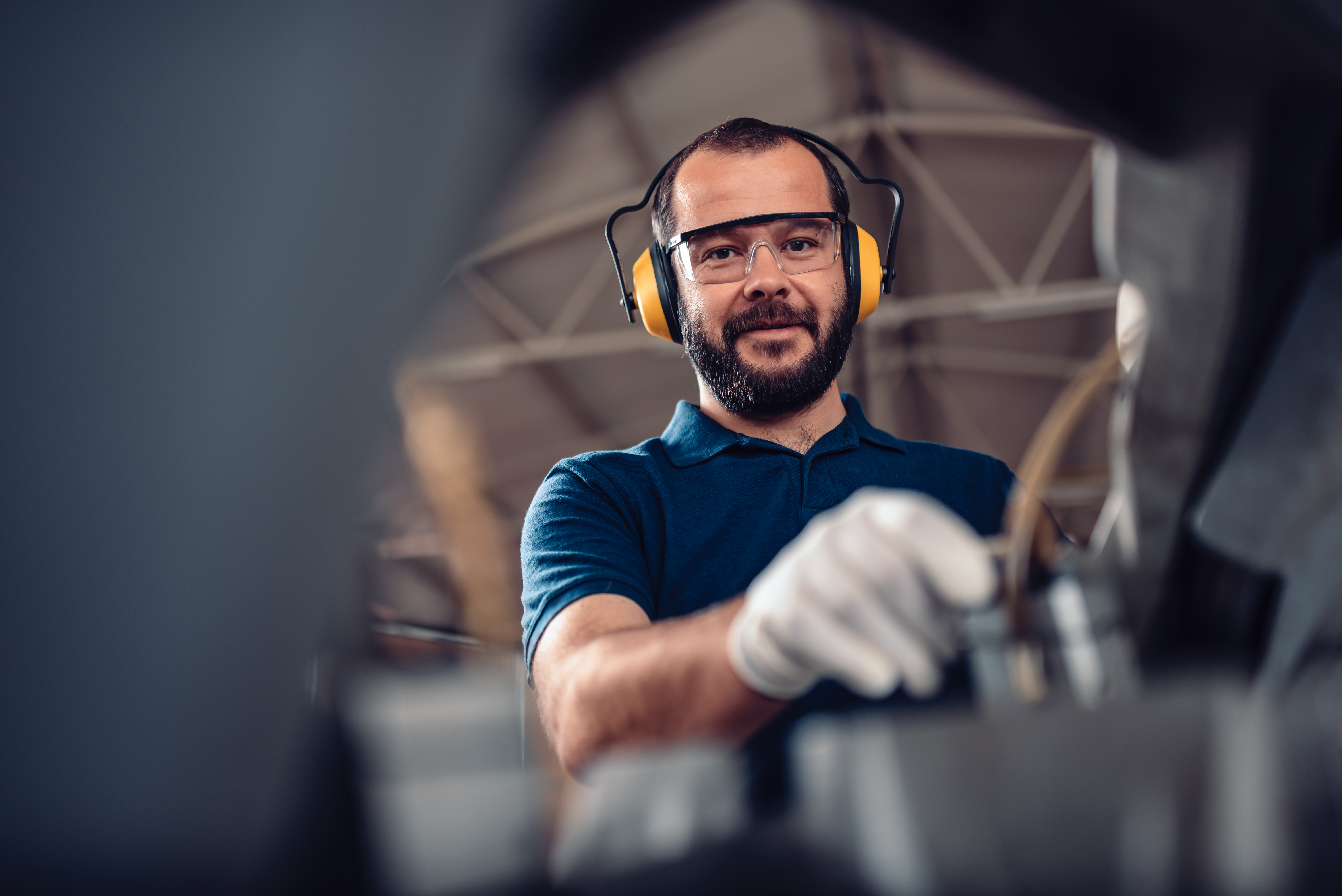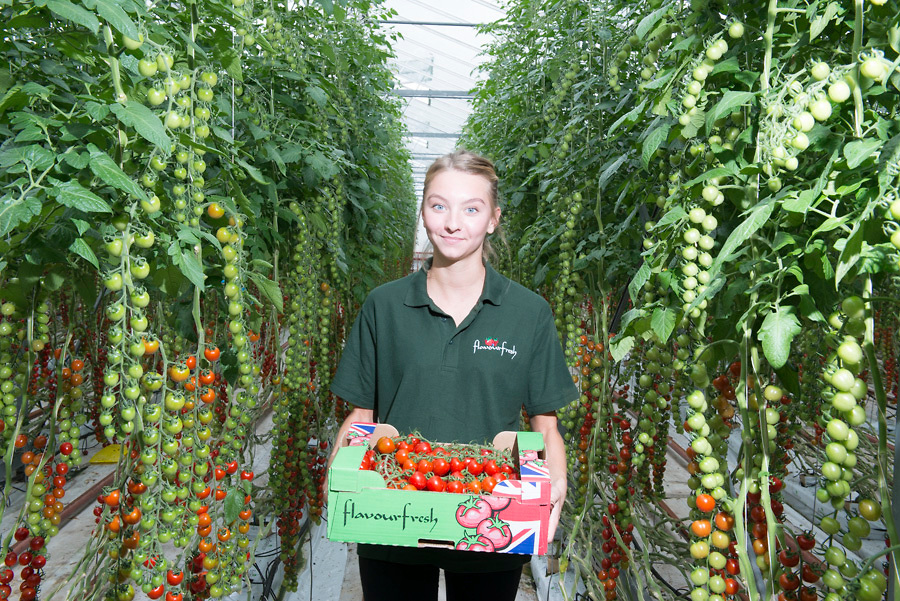TrakRap first received Innovate UK support in 2013. TrakRap was working on a cold wrap system capable of safely and efficiently packaging a huge range of products. Innovate UK’s £488,000 of funding and support enabled collaboration with the Manufacturing Technology Centre (MTC) – part of the High-Value Manufacturing Catapult – and global technology developer and manufacturer Siemens. Together they developed the TrakRap prototype, and a complete Industry 4.0-enabled wrapping system for global logistics specialist DHL.
“The power that the Innovate UK framework gave us was worth more than money alone could buy, such as the ability to collaborate with people at the forefront of their own industry” says TrakRap Operation Director, David Robinson. “What other chance would a relatively small enterprise like us, employing just 18 people, have of working collaboratively with the MTC, University of Bradford and DHL on such a groundbreaking project?”
Changing the industry with digital technology
Taking the packaging industry into the Industrial Internet of Things (IIoT) era, the TrakRap system is, in effect, a software platform that employs ‘digital twin’ modeling to enable pre-build simulation, as well as remote monitoring, configuration and diagnostics. The Digital Twin – developed by Siemens and MTC – communicates directly with the wrapping machine itself to control its servo-driven mechanics and analyse its operation.
“The benefits we get from this specific system include remote monitoring – we’re able to see how equipment is performing at a distance – and remote diagnostics,” explains David, “so we can actually look at and interrogate alarms and field performance to understand what may have gone wrong. Utilising remote correction means we can dial in and change key settings to compensate for any kind of emerging failure.”
The journey to net-zero emissions
The TrakRap system is a good example of the type of manufacturing process change that will help the UK to reach its net-zero greenhouse gas commitment.
The state-of-the-art digital technology and recyclable plastic used in the TrakRap system puts it at the forefront of eco-innovation and environmental impact within the sector, with power consumption and plastic materials reduced by 55% and 64% respectively. Using life cycle analysis across the entire supply chain, the net improvement in carbon footprint over shrink wrap amounts to an annual saving of 88.8 tons of CO2 for every million cases of aerosol cans wrapped – the equivalent of removing 46 family cars from the road. And as a side effect, the system also yields a 200% increase in operational speed. The next stage is taking the digital twin concept to the next level
“A full digital twin would be self-learning and able tell you any divergence from your physical machine to the virtual model,” says David, “and I think we’re about 70% of the way there. There’s going to be a huge amount of further R&D in this area, leading to really game-changing developments in the future.”
Manufacturing made smarter
Innovation Lead for the ISCF Manufacturing Made Smarter challenge, Lynne McGregor: “TrakRap is a great example of how the Innovate UK family can help firms. The KTN made connections, the High Value Manufacturing Catapult assisted them in modelling the process, and Innovate UK provided funding for their initial concept and the development of a packing line and digital twin for DHL. The DHL project shows how digital twins can reduce commissioning time, optimise packing performance and, by monitoring the process remotely, enable a proactive service and maintenance business model.”
Connecting & Collaborating
The TrakRap innovation journey has been accelerated by 3 Innovate UK funded projects – the combined value of this support to TrakRap and their partners was £488k of grant funding. In addition, TrakRap have received finance pitching coaching and materials community connections through the Knowledge Transfer Network (KTN), and scale-up support though Enterprise Europe Network (EEN).





